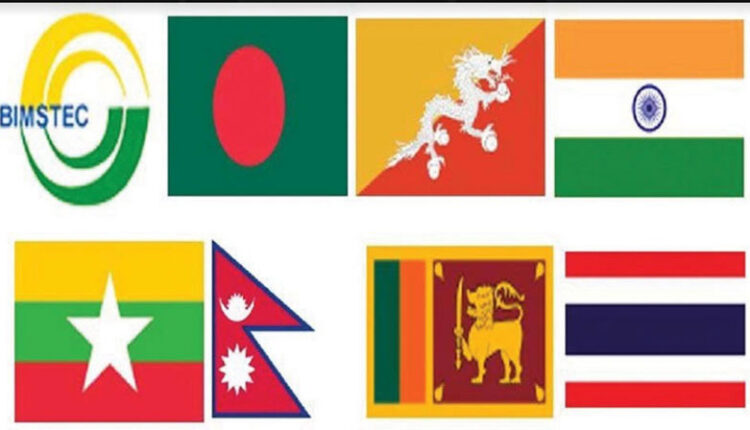New Delhi: The implementation of the BIMSTEC Charter will enhance regional cooperation and this step will prove to be a milestone for the member countries. The Charter provides a legal and institutional framework for all member states to work together, thereby improving coordination among members. The Bay of Bengal Initiative for Multi-Sectoral Technical and Economic Cooperation (BIMSTEC) Charter recently came into force on May 20, 27 years after the grouping was first conceived. Apart from India, BIMSTEC includes Sri Lanka, Bangladesh, Myanmar, Thailand, Nepal and Bhutan. In the past years, India has made concerted efforts to make BIMSTEC a platform for regional cooperation. In this regard, Foreign Minister Dr. S. Jaishankar wrote on ‘X’ that the implementation of the BIMSTEC Charter reaffirms India’s commitment as a prosperous, peaceful and sustainable neighbour. He said that BIMSTEC reflects India’s Neighborhood First and Act East policies. Meanwhile, Foreign Ministry spokesperson Randhir Jaiswal has described the implementation of the charter as important and said that it will increase BIMSTEC’s partnership with other countries. It will also help in accepting new members into the group. In fact, all BIMSTEC members signed the Charter at the fifth BIMSTEC Summit held virtually in Colombo on March 30, 2022, but it could come into force only after each country ratified the document, a process that was finally completed in April 2024. BIMSTEC countries are home to 22 percent of the world’s population and have a combined gross domestic product (GDP) of approximately $3.6 trillion. The Charter will establish a solid legal and institutional framework for better cooperation among the seven countries around the Bay of Bengal.

